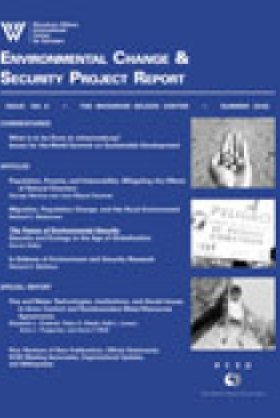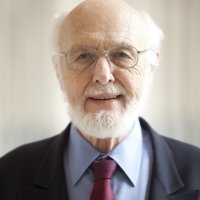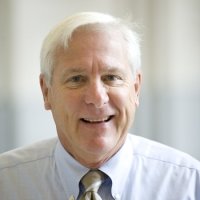Commentary: What Is To Be Done At Johannesburg?


Marking the ten-year anniversary of the historic 1992 Earth Summit in Rio, the World Summit on Sustainable Development in Johannesburg, South Africa has been viewed throughout its preparations with both great hope and pessimism. Some analysts, activists, and policymakers think the Summit is the last best chance for the world to balance the three pillars (economic, social, and environmental) of sustainable development. Others are looking past Johannesburg altogether, skeptical that it can accomplish much. As of this writing in June 2002, even a clear Summit agenda remains elusive for governments and civil society alike. ECSP asked a wide variety of experts each to highlight one or two specific issues or outcomes they thought essential for Johannesburg to address or achieve. Water, population-environment connections, development financing, and international environmental governance emerged in the contribution as key issues. We offer these 19 commentaries with full knowledge that Johannesburg and the questions and mechanisms it takes up represent only a stop along a path to sustainability--not a final destination.
Authors

Professor and Associate Dean, George V. Voinovich School of Leadership and Public Affairs, Ohio University; Associate Senior Fellow, Environment of Peace Initiative, Stockholm International Peace Research Institute

Former President of the Overseas Development Council (ODC)

Vice President, Sustainable Markets, Pact

AAAS Fellow, National Science Foundation and Environmental Protection Agency
The Nature Conservancy

Former Senior Vice-President, American Electronics Association, Washington, DC

Environmental Change and Security Program
The Environmental Change and Security Program (ECSP) explores the connections between environmental change, health, and population dynamics and their links to conflict, human insecurity, and foreign policy. Read more

Explore More
Browse Insights & Analysis
360° View of How Southeast Asia Can Attract More FDI in Chips and AI


